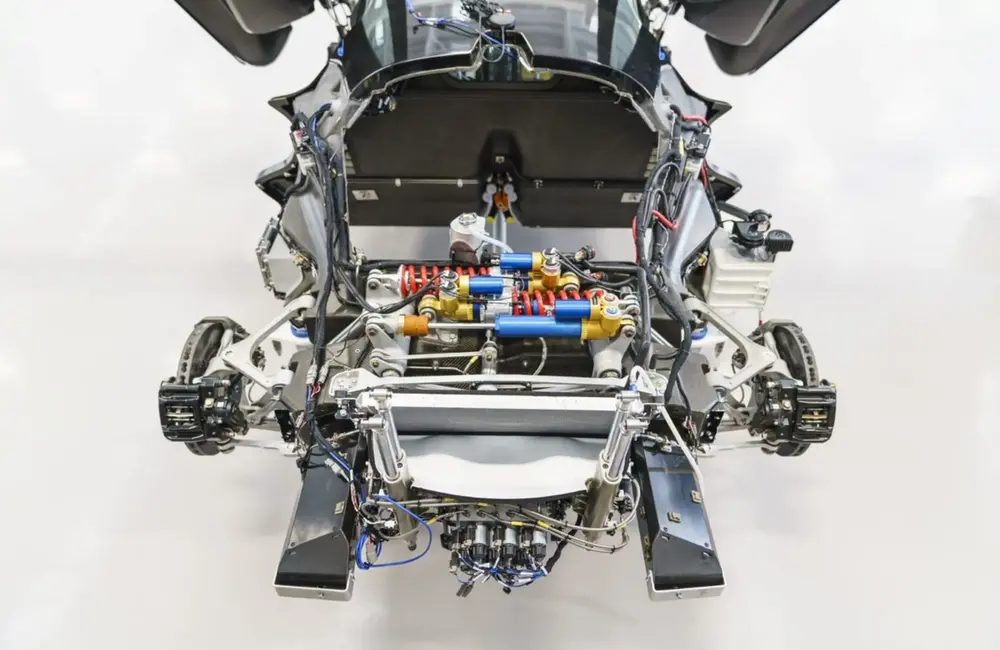UK battery developer Britishvolt said Jan. 28 that it was teaming up with UK automaker Lotus to jointly develop a battery cell package to power the next-generation electric sports cars.
The firms will work together on the integration of cell formats and chemistry to offer greater energy density and power capability, fast-charging and other specifications, to create an electric vehicle that will use Britishvolt cells and Lotus’s electric propulsion tech.
The R&D work that goes into powering a high-performance EV will eventually trickle down to impact the electro chemistries of cheaper batteries and EVs, Britishvolt said.
The deal comes as part of Britishvolt's objective of customized battery cell solutions against automotive customer needs.
“We believe this MOU indicates that the legacy one-size-fits-all cell strategy has had its day in the face of the accelerating electric mobility market,” Britishvolt CCO Oliver Jones said.
Earlier this month, the UK government provided Britishvolt with cash it had reserved for the company, reported to be in the region of GBP100 million ($134 million), and along with the GBP1.7 billion received from abrdn and Tritax to construct its GBP2.6 billion gigafactory in Blyth, Northumberland.
Britishvolt is constructing the 30 GWh gigafactory in stages. It can manufacture enough battery cells each year to put in more than 300,000 electric vehicle battery packs — the equivalent of around 25% of current UK vehicle manufacturing. It is also set to build a 60 GWh gigafactory in Quebec, Canada.
This year, it also signed a two-year agreement with UK lead BIC to work together to develop and manufacture high energy, high nickel lithium-ion battery cells to achieve higher performance and greater ranges for EVs. It is also slated to publish several additional announcements related to customer MOUs and R&D collaborations in the following weeks.
First established in 2021, by 2022 it had both acquired and established plans for a series of other centres, including manufacturing hubs at Hethel for the Evija pure electric hypercar, and the Emira sports car. Wind the clock forward to 2023, and Emira should be Lotus's last model with an internal combustion engine at its core, as the carmaker confirmed that it would be a pure electric company going forward (having pledged also GBP100 million for its UK operations). The company is also set to debut its new Type 132 all-electric SUV, with three more EVs on the way.


















